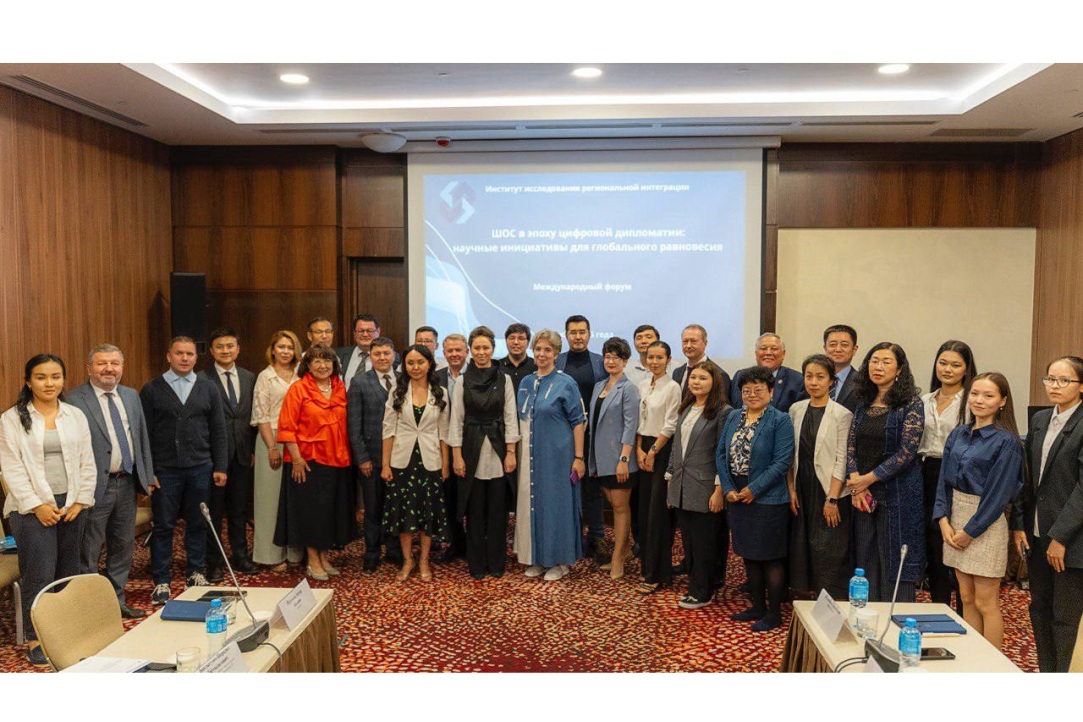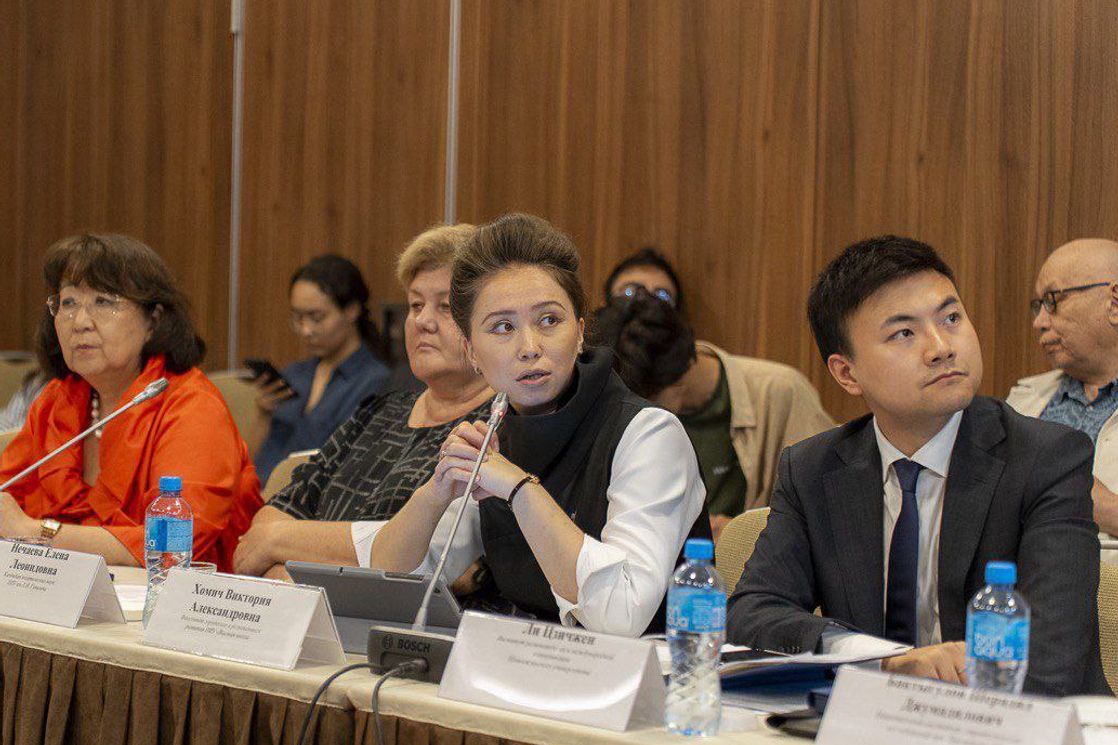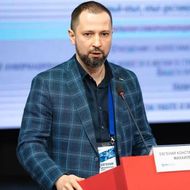HSE University Strengthens Ties with Central Asia

Experts from the HSE Faculty of Urban and Regional Development (FURD) took part in the international forum ‘The SCO in the Era of Digital Diplomacy: Scientific Initiatives for Global Balance.’ The event, held in Astana, was organised by the Eurasian Association for International Studies and the Institute for the Study of Regional Integration (Kazakhstan).
The forum brought together leading experts on integration processes across the Eurasian space, including specialists from SCO member states—China, Uzbekistan, Kyrgyzstan, Kazakhstan, and Russia—as well as from Turkey, an SCO observer state.
Victoria Khomich, Deputy Dean for International Affairs at the HSE Faculty of Urban and Regional Development and a forum participant, highlighted the key challenges facing the region’s countries: the establishment of unified standards and approaches to information security, the management of urbanisation processes and city development, and scientific, technological, and educational integration.

‘We presented the main directions of international cooperation in urban studies. Following the discussions, certain topics emerged as particularly relevant for Central Asia: master planning, socio-economic development strategies, transport planning, and the smart city concept,’ commented Victoria Khomich.

Evgeny Mikhaylenko
Previously, Dean of the HSE Faculty of Urban and Regional Development Evgeny Mikhaylenko emphasised that international cooperation is a vital tool for addressing complex urban and regional development challenges. ‘Participation in international forums and partnership projects enables us to analyse emerging challenges, assess achievements, and shape future plans, as well as generate ideas for academic research,’ he noted.
Experts from neighbouring countries particularly praised the faculty’s high level of expertise and its practice-oriented approach to dialogue.
Notably, following the event, representatives of relevant institutions from SCO countries—primarily colleagues from Central Asia—expressed strong interest in FURD’s professional development programmes, as well as in the potential for designing customised continuing education programmes for municipal officials from Central Asian countries.
The parties agreed to continue developing cooperation in academic, research, and project-based areas.
Such events are especially significant in the run-up to the SCO’s 25th anniversary in 2026. After a quarter of a century of active integration efforts across the Eurasian region—building trust, strengthening humanitarian ties, establishing legal frameworks, and creating tools to enhance economic effectiveness—there is a pressing need for a joint shift towards a more fundamental and practice-based level of cooperation, in which cities may play a central role.

